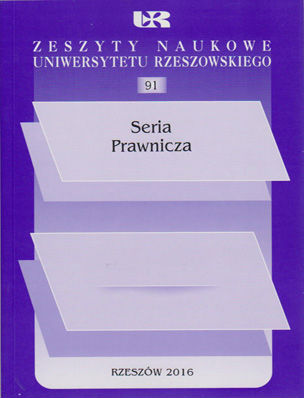
PRAWNOMIĘDZYNARODOWE PODSTAWY DZIAŁANIA SIŁ KOALICYJNYCH PRZECIWKO PAŃSTWU ISLAMSKIEMU NA TERYTORIUM SYRII
This article explores the legal basis for the use of military force against Islamic State on theterritory of Syria. The author examines three possible justifications for the U.S. led operation,namely: intervention by invitation of the Syrian authorities, Security Council authorization for theuse of force and the right to self-defence. As a consequence of detailed analysis, the author comesto the conclusion that the first two arguments are difficult to sustain. The most persuasive positionseems to be that based on the right to individual and collective self-defence. This justification,however, requires a very careful analysis of conditions governing the exercise of the right to selfdefence,which, taking into account the specificity of terrorist activities, sometimes may hinder theproper evaluation. This is evidenced by the fact, that not all states taking part in the air campaignagainst ISIS in Syria, are able to give a plausible justification for their action, allegedly based onthe right to self-defence. Artykuł poświęcony jest podstawom prawnym użycia siły zbrojnej przeciwko tzw. Państwu Islamskiemu na terytorium Syrii. Autor rozpatruje trzy możliwe uzasadnienia operacji prowadzonej przez siły koalicyjne pod przewodnictwem USA: interwencję na zaproszenie syryjskich władz,autoryzację działań zbrojnych przez Radę Bezpieczeństwa ONZ oraz prawo do samoobrony.W następstwie dokonanej analizy autor dochodzi do wniosku, że dwa pierwsze argumenty są trudne do utrzymania. Najbardziej przekonujące wydaje się natomiast stanowisko oparte na prawie do samoobrony indywidualnej i zbiorowej. Uzasadnienie to wymaga jednak bardzo ostrożnej analizy przesłanek pozwalających na prowadzenie działań w samoobronie, co w przypadku aktywności ugrupowań nieregularnych może jeszcze bardziej komplikować ocenę. Najlepiej świadczy o tym fakt, że nie wszystkie państwa, które biorą udział w nalotach na pozycje ISIS w Syrii, potrafią w przekonujący i właściwy sposób uzasadnić swoje kroki realizacją prawa do samoobrony.
More...
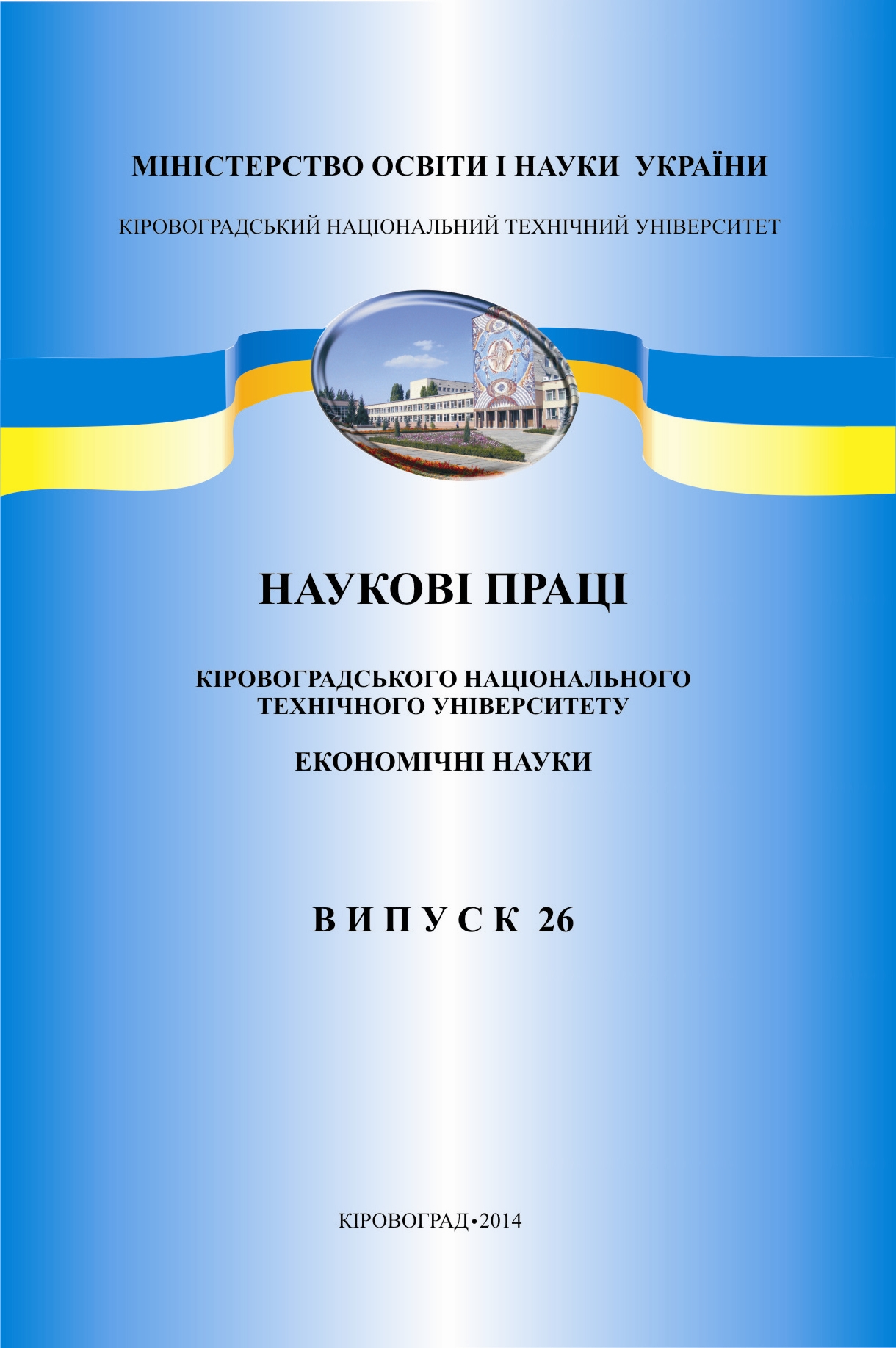
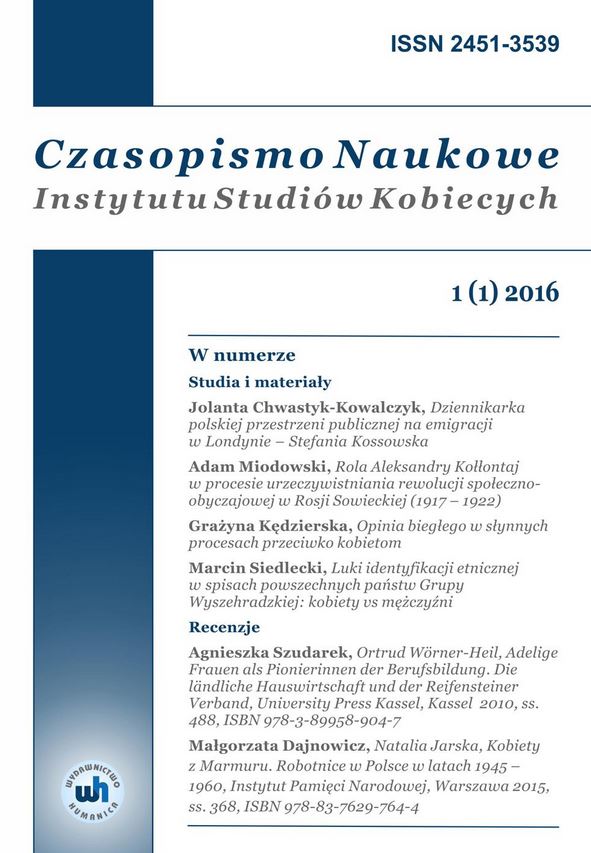
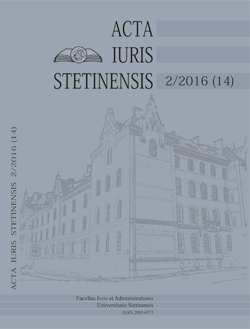

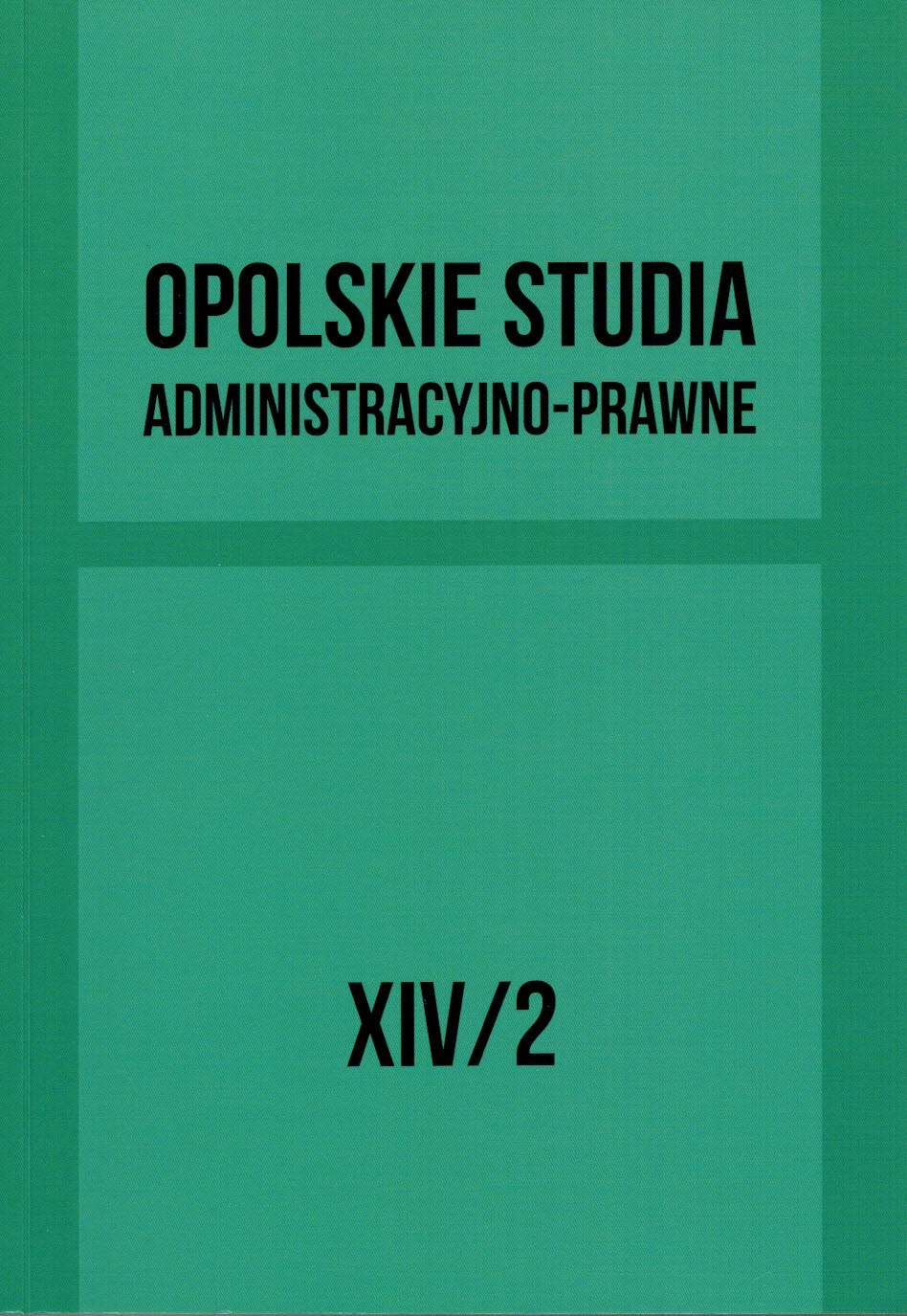
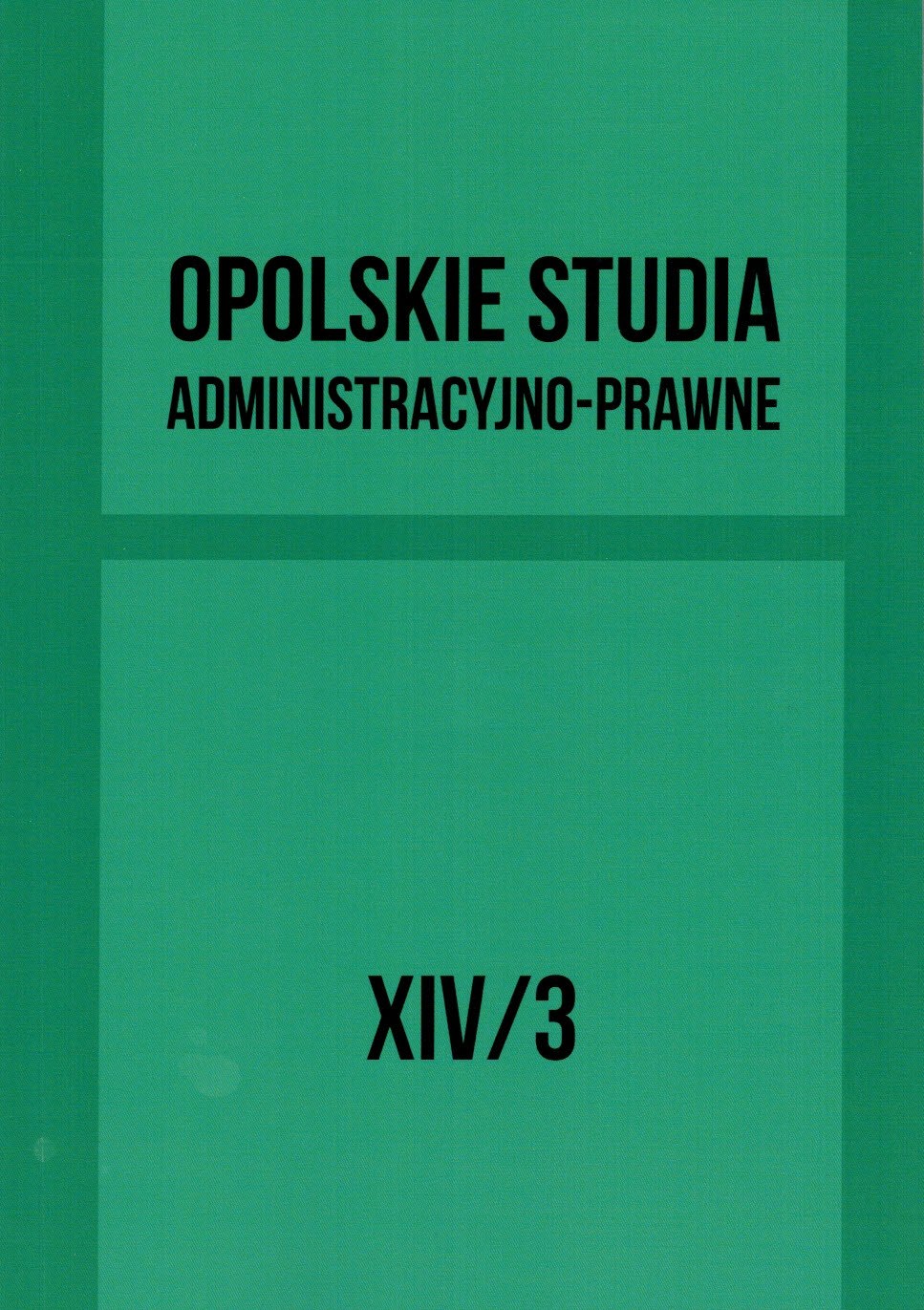

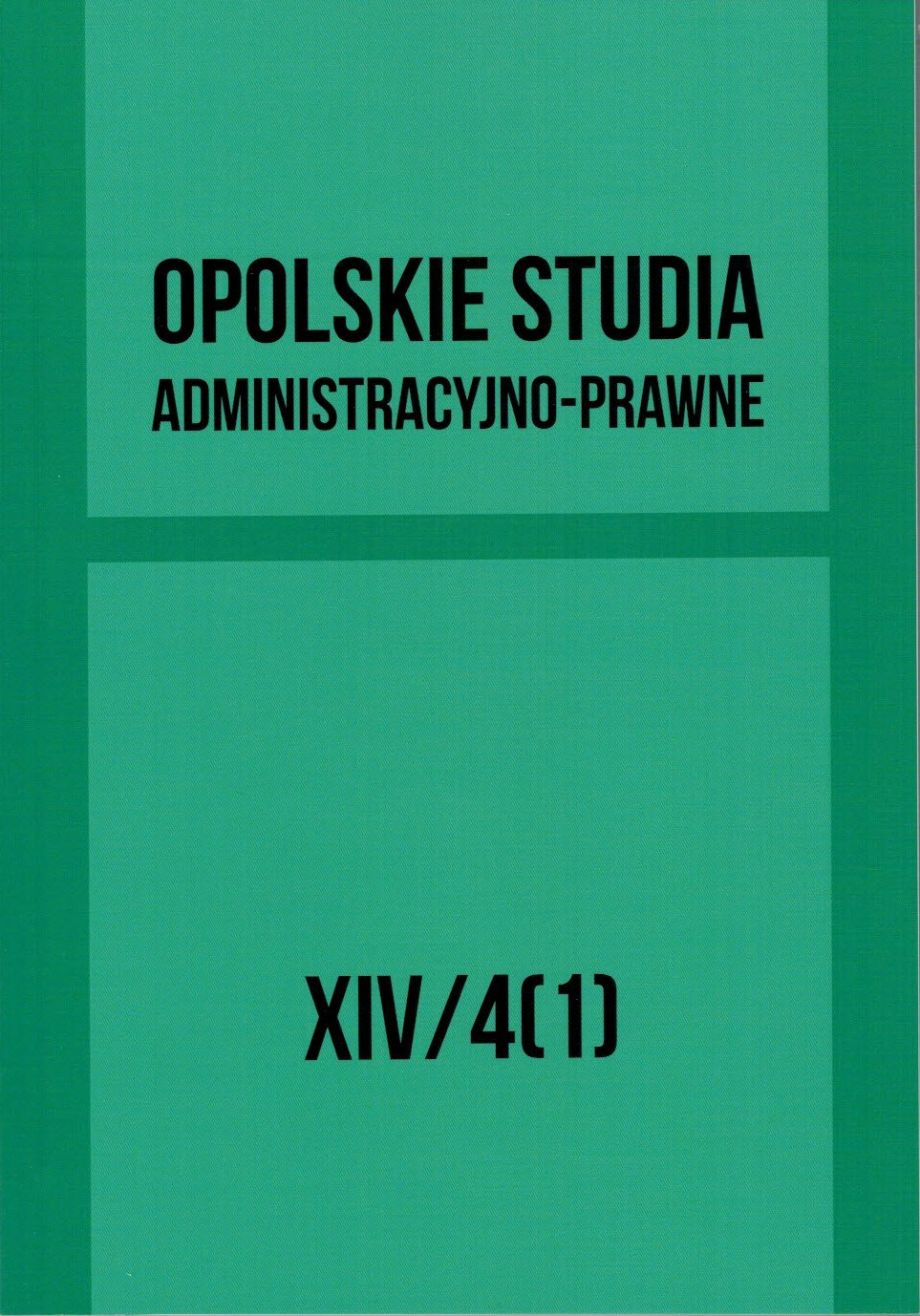
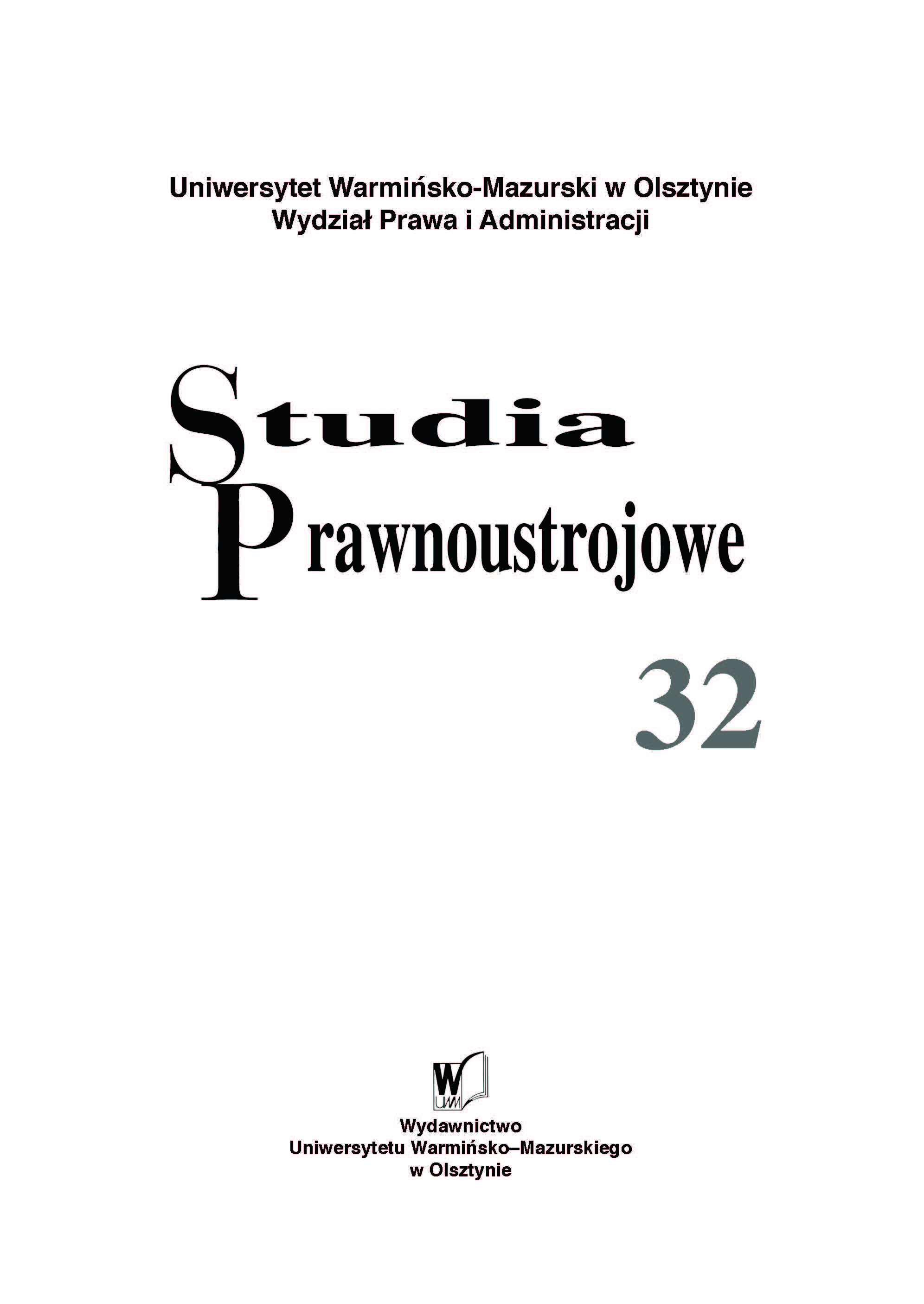

![„Nauka prawa […] stała się nieuchronnie potrzebną nie tylko przez swą użyteczność, lecz obowiązki, jakie nas łączą w obywatelskim stanie”1. O tradycji i nowoczesności
w nauczaniu prawa w Księstwie Warszawskim i Królestwie Polskim (1807–1830)](/api/image/getissuecoverimage?id=picture_2015_28930.jpg)